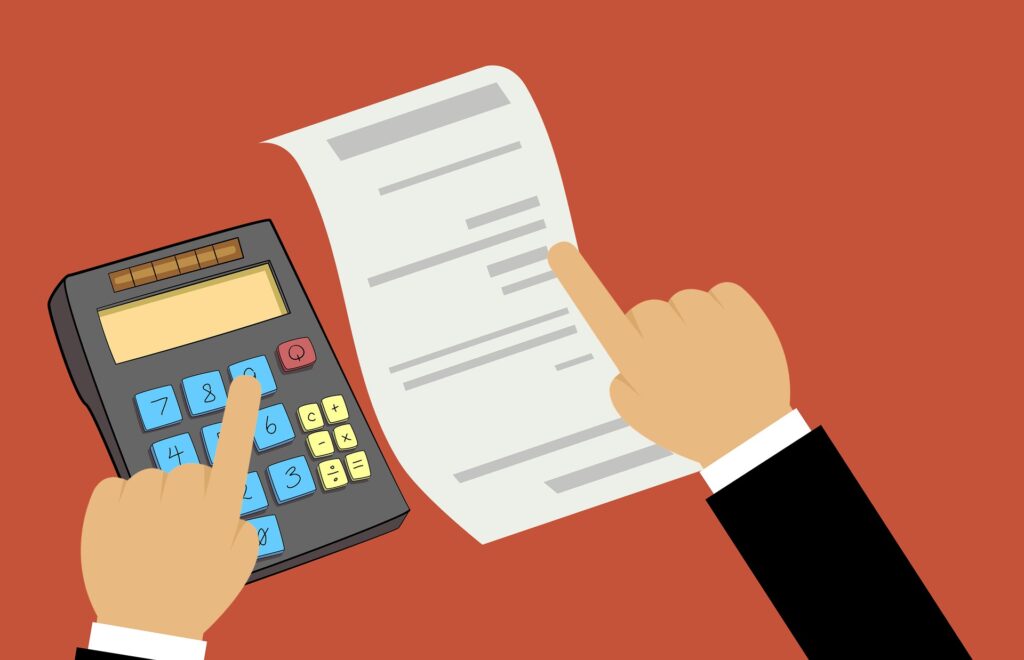More than 42 million Americans don’t have 401(k) or another similar retirement plan. According to federal data, 14% of small-sized businesses don’t offer retirement accounts. While it is difficult to beat the employer contributions (free money) in a 401(k), you can use these tips to build a retirement nest egg.
1. Create your own 401(k)
You should consider setting up a one-participant 401(k) or solo 401(k) through an online brokerage. Make sure your boss changes your status so that the income gets reported on a 1099 form instead of a W-2 tax form. This way you can be categorized as an independent contractor and set up your own 401(k).
Solo 401(k) has the same rules as an employer-sponsored 401(k). You will have contribution limits depending on your age. With that said, you are both an employer and an employee as a self-employed business owner. You can make contributions as per individual guidelines, which will eventually increase the overall limits.
Your spouse is the only other additional employee you can hire and cover through this arrangement.
2. Get solid investment advice
You need pros for financial advice even if you are among the most conscientious savers. There are a few things that only professional financial advisors can grasp. Financial planners can have a look at your income and savings and help you organize your finances. They will carefully review your existing financial affairs to let you know where you stand. Financial pros will also offer recommendations to help you get where you want to be.
Financial planners have the necessary experience and training to make educated projections about the future. This insight allows them to offer solid advice on investments, savings goals, life insurance, mortgages, taxes, and retirement and wills. The best financial planners will take your aspirations and financial goals into account. They won’t try to hold you back from spending your money. But, will ensure that you spend wisely.
3. Consider an IRA
Individual retirement accounts (IRAs) are a traditional yet flexible tax-advantaged instrument. There are several benefits to opening an IRA depending on your income bracket. Any money you stash will grow on a tax-deferred basis, which means you don’t need to pay taxes on your earnings until it’s time for withdrawal.
In addition, your tax rate and gross income get reduced by IRA contributions which is helpful even more during a recession. You may become eligible for certain deductions, including medical costs by having a smaller adjusted gross income. If you expect to be in a higher income tax bracket on retirement, you may want to consider opening a Roth IRA. It’s easy to open an IRA account if you use an automated investing service.
4. Get a health savings account
Health Savings Account or HSA can help you save enough for retirement if your existing health insurance plan has a high deductible. The money in your account can be accessed anytime to pay for copayments, deductibles, and other qualified medical expenses. Moreover, you cannot use it to pay for insurance premiums.
If you don’t use the money, you can always invest it. HSA balance can be carried to the next year and grows tax-free. You can have a nice golden nest egg if you combine your HSA with an IRA. HSA is one of the better retirement savings strategies since any contributions you make are tax deductible. You should ask your insurance provider or banker about opening an HSA.
5. Persuade your employer
If you don’t have a 401(k), you should try to speak to your employer. It never hurts in asking. Moreover, make sure you do your research first. There are several plans available depending on the size and type of business. You may want to zero down on a few plans that are a right fit for you and the business. Make sure you find plans that don’t require a lot of paperwork or time and effort.
You may also want to rally a few coworkers since there is always strength in numbers. Your employer may not readily agree to a plan. But, over a period of time they may come to realize that a retirement plan is important to their workforce. Don’t forget to harp on the employer benefits of contributing to a 401(k). There are tax incentives for employers that sponsor plans which is great during high inflationary times.
Even if you don’t get anywhere with wheedling your employer – it’s worth a shot. Don’t push the issue too hard though in the times of layoffs. You may have to wait until times are better.




